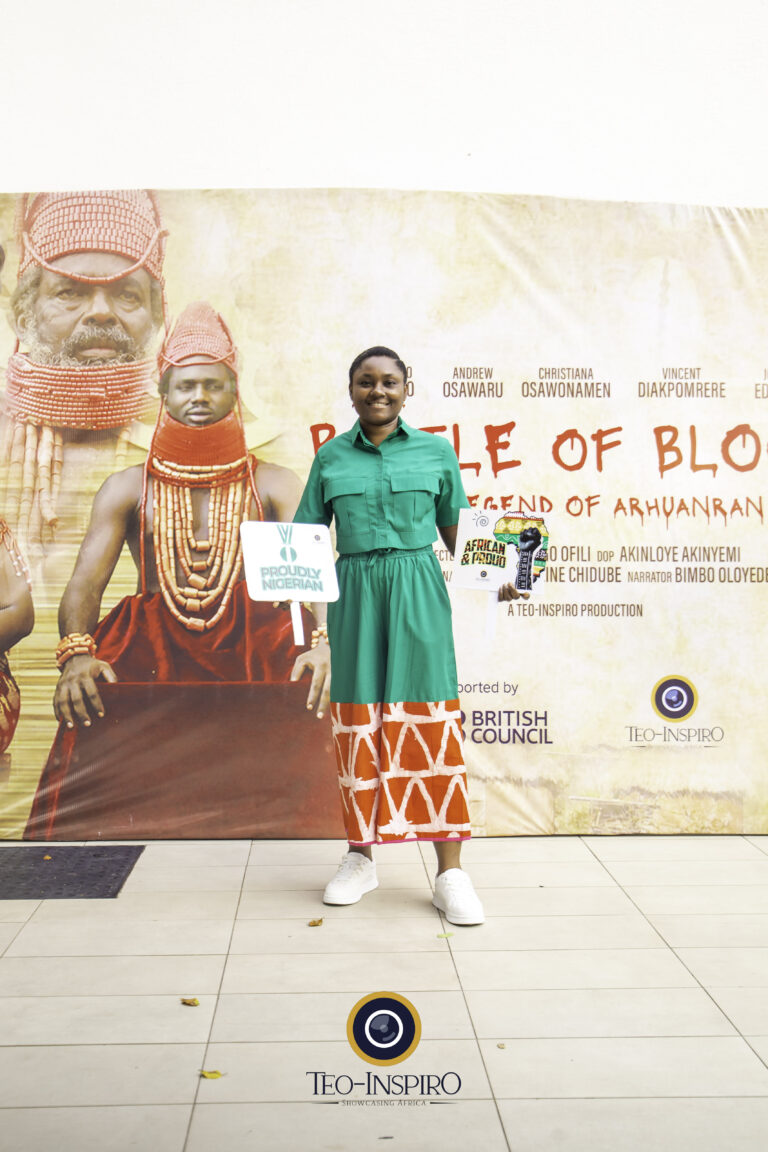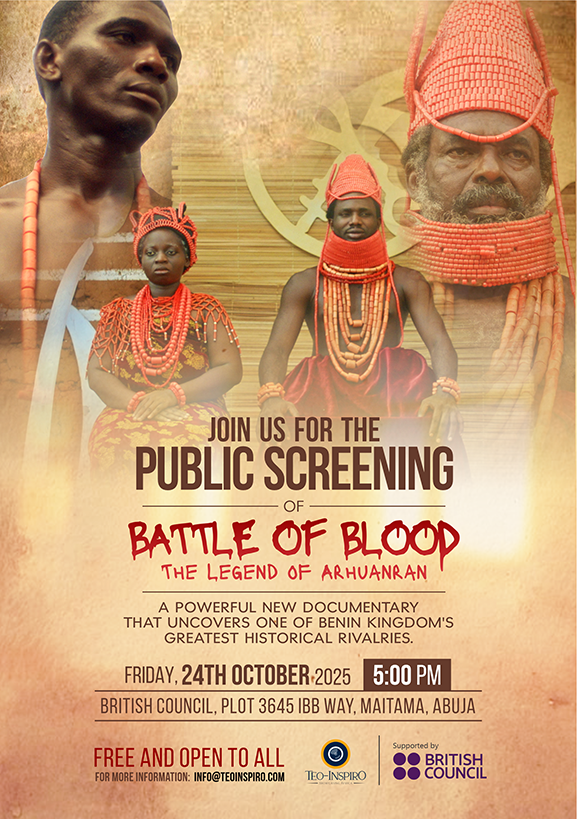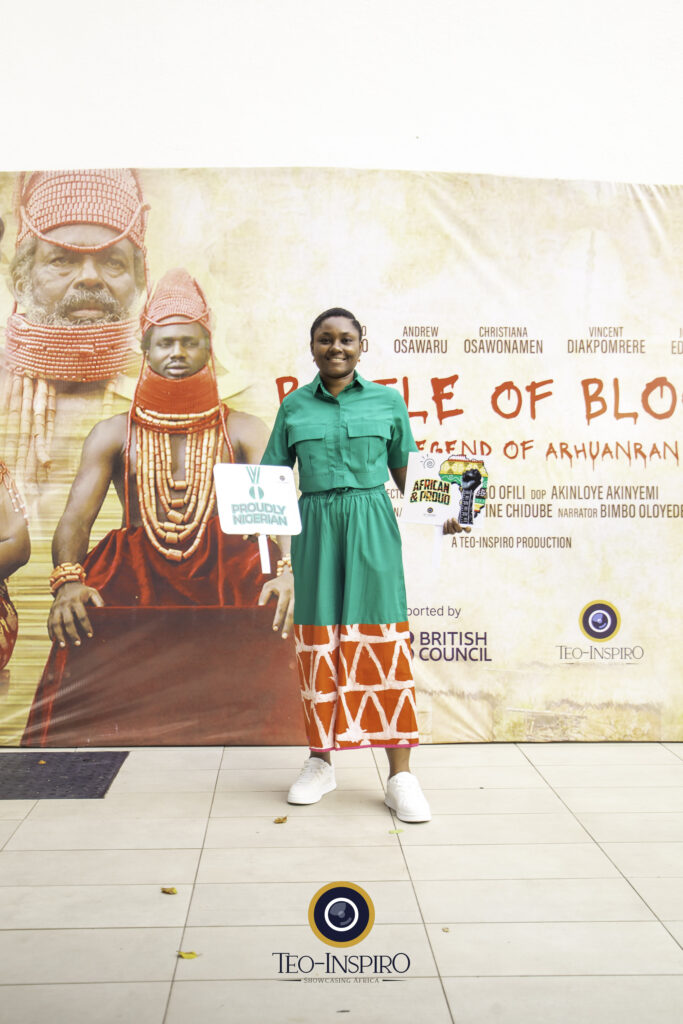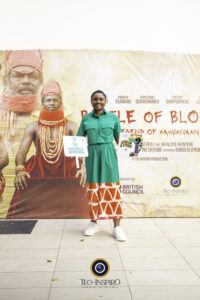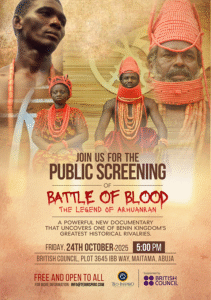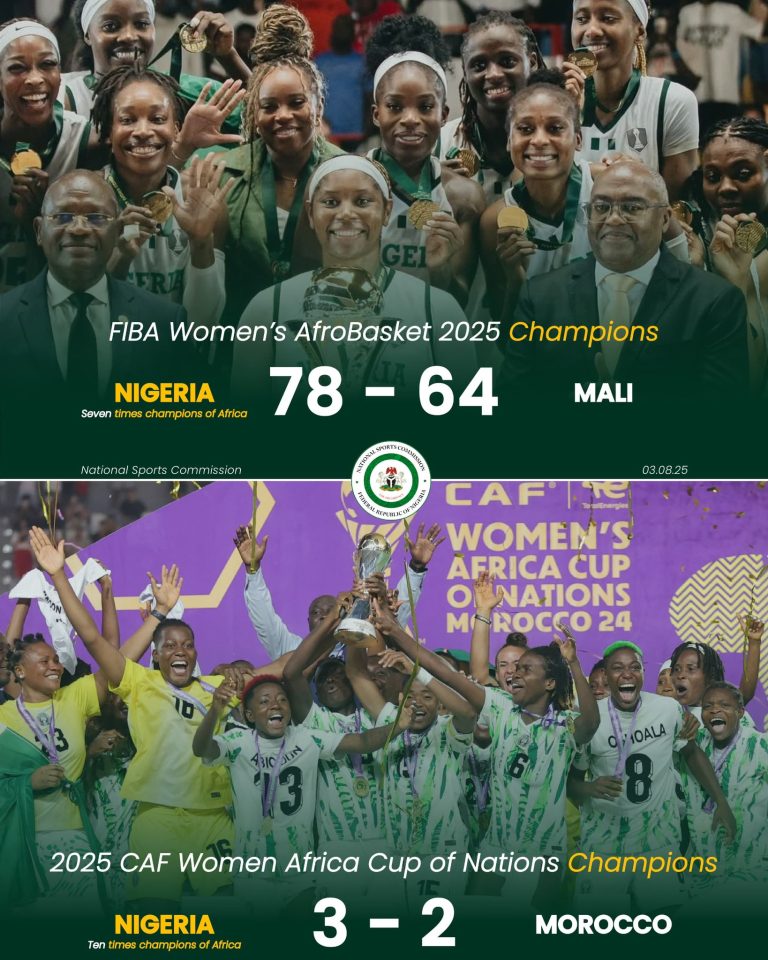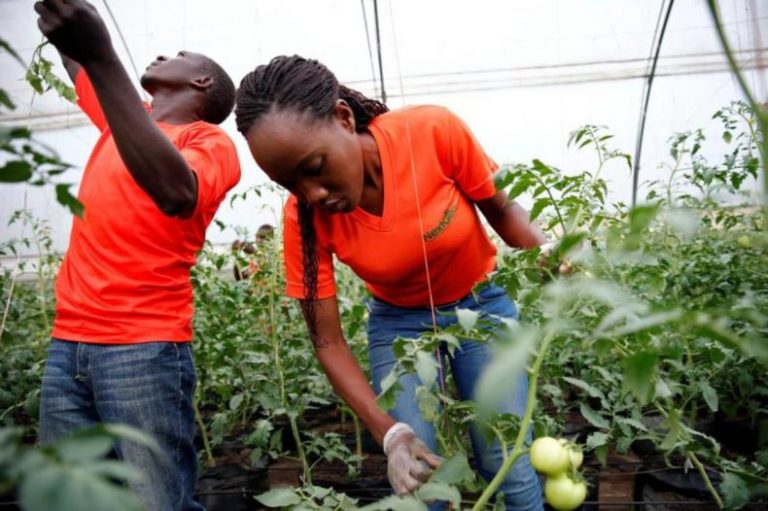It is widely said, that the world is now a global village. With the tons of mails that hit email boxes recently announcing ‘Giving Tuesday’, that reality has once more been substantiated. What started off since 2012 in the US as an avenue for celebrating the Tuesday following Thanksgiving, with a focus on charitable giving has basically ‘gone viral’ spreading across international borders.
It would seem though that philanthropic organizations, donor agencies, international charities have transformed it into a social movement to celebrate and support giving and philanthropy, targeting various causes within their focal areas of interventions and social development. What is striking and worth emulating is the strong message of willful giving and sharing.
Whereas, the corporate world tends to view giving from the angle of social good, drawn perhaps, from an intentional business model; it does not negate the fact that Corporate Social Responsibility overwhelmingly builds upon moral and ethical standards to adhere to in consonance with corporate social accountability.
In reality such giving can be viewed as an obligation, whether or not a company is willing to do so or not. Not so with Individual Social Responsibility (ISR), where arguments have weighed in that there are no mandatory standards for being morally and socially responsive to civic duties.
Indeed, ISR not being mandatory and not following any laid down business model to drive giving can also consciously create impact in society through meaningful voluntary contributions from individuals who understand the value of being socially responsive to their fellow humans in needs. ISR, therefore, draws upon the philosophy of volunteerism. Wherein, individuals voluntarily engage in a process of giving back for the overall social good.
Therefore, what lessons should be learned from Giving Tuesday?
- The example of the Belfer Centre for Innovation and Social Impact, a cultural centre in New York and the United Nations Foundation, shows that diverse groups of people can be connected around the values of service and giving back.
- Common purpose can be achieved through ‘celebrating and encouraging giving’.
- Voluntary and selfless individual giving ought to be reshaped towards real positive change. In so many ways, individuals, charities, philanthropists, non-governmental organizations are giving of their resources towards causes that will lead to real time positive impacts. More and more examples of such giving ought to be shared to motivate giving.
- Rather than adapting foreign cultures that have no direct positive bearing on the cultures and ways of life of Nigerians. Giving Tuesday ought to be one of the good social models that could be teleported into daily life as a motivation to further drive Individual Social Responsibility (ISR) to be infused into the African system, especially in Nigeria where giving comes as easy as putting on new clothes.
- The generosity of Nigerians as givers, therefore, ought to be elevated beyond its present world giving index. We, as a people ought to re-conceptualize giving as a means to solving problems within our society.
According to Gallup polls undertaken in 2014, the following three charitable acts are undertaken by people:
- helping a stranger, or someone they didn’t know who needed help
- donating money to a charity
- volunteering their time to an organization
It is, therefore, time to push forth giving and volunteerism to the point where we as a nation could be ranked within the first ten giving nations in the world. Let us give to transform our lives and present socio-economic conditions.
By Bridget Uko

